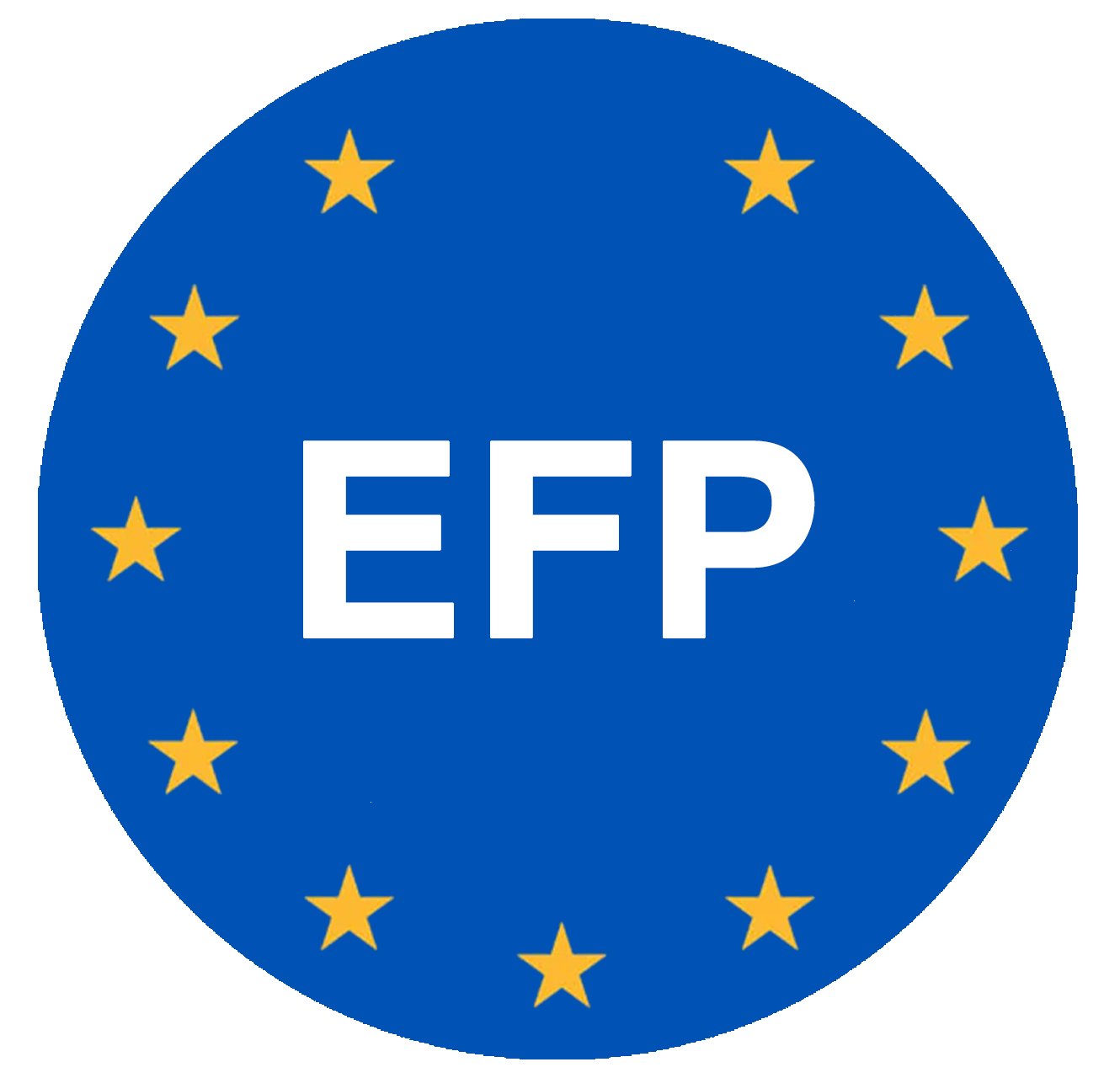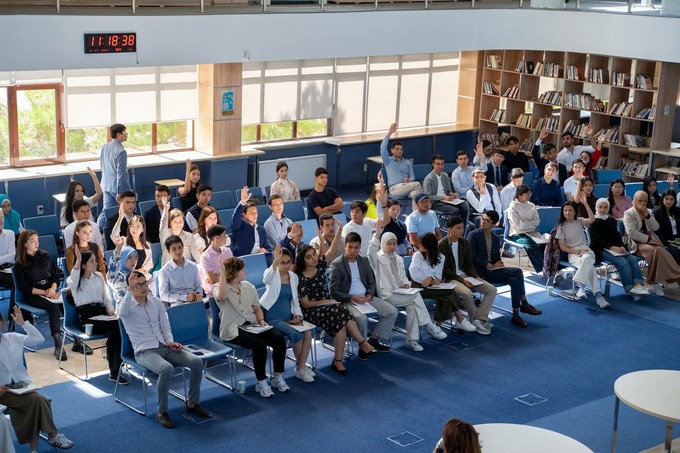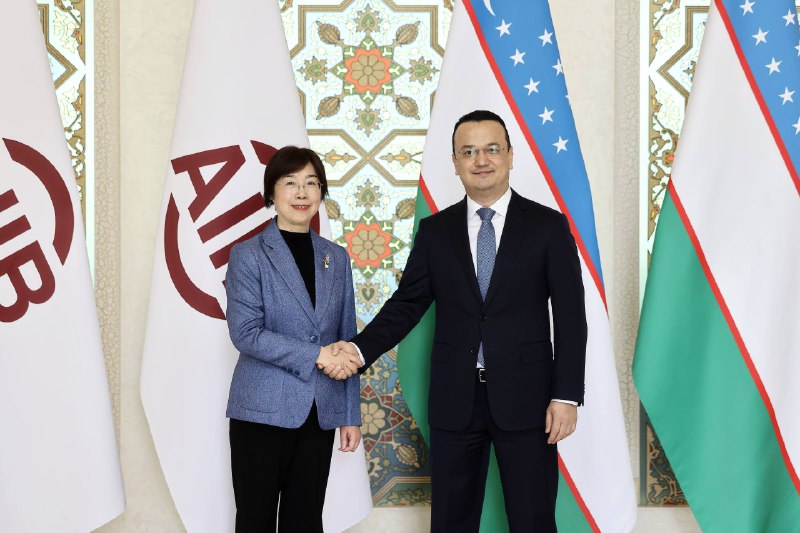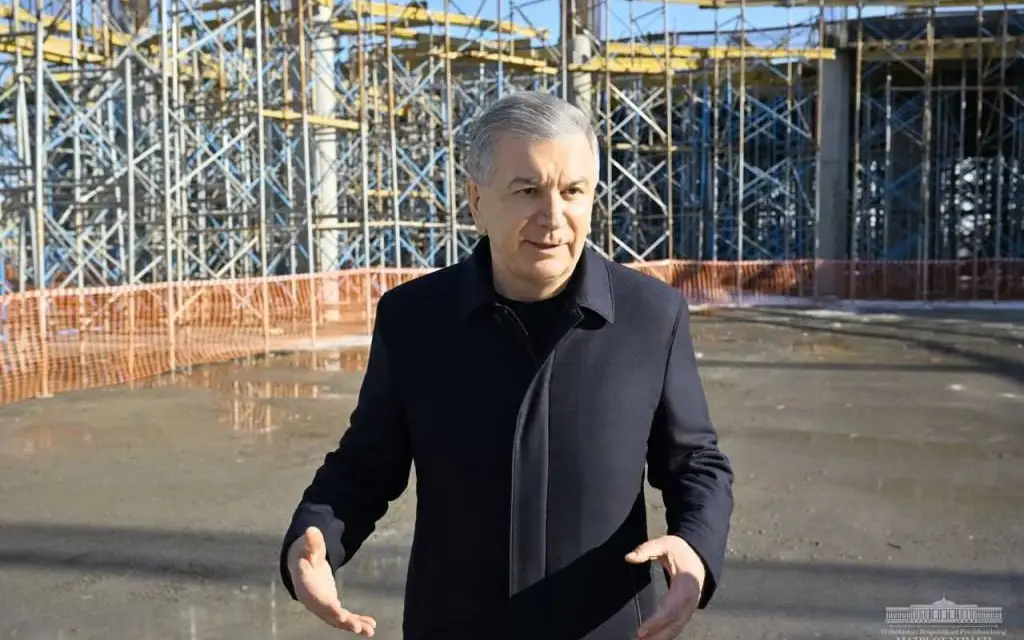Presidential program to identify and train a new generation of talented managers in Uzbekistan starting in 2026
Fergana news agency reports that Uzbekistan is set to launch a large-scale presidential initiative titled “TOP-100”, aimed at identifying and supporting promising young leaders across the country. The decree was signed by President Shavkat Mirziyoyev, with the first phase of the program beginning in 2026.
The competition will be held every two years, and the top 100 candidates will be selected based on their potential to lead and contribute to national development. Importantly, the program is not limited to government employees — entrepreneurs, NGO representatives, and even Uzbek citizens living abroad are encouraged to apply, according to Fergana.
Selection criteria
Participants will be evaluated on the basis of:
- Intelligence and knowledge
- Patriotism
- Leadership and organizational skills
Benefits for winners
Those selected will receive:
- A cash award of approximately US$3,300
- Opportunities for training and internships in Uzbekistan or abroad
- Assignment of a personal mentor — a seasoned public official
- Inclusion in the National Personnel Reserve
The National Reserve will comprise at least 500 candidates for national-level positions and 100 for local roles. Among them may be mahalla chairpersons, hokim assistants, activists, social workers, and tax officers.
Reforms starting January 1, 2026
In addition to the TOP-100 program, several systemic reforms will take effect:
- One-year labor contracts for new public officials, renewable based on performance
- Mandatory training and professional diagnostics covering knowledge of the state language, administrative documentation, IT skills, IQ, history, foreign languages, and more
- Personal development plans with targeted training in both soft and hard skills
This initiative signals a significant step toward modernizing Uzbekistan’s civil service and cultivating a new generation of public-sector leaders.



